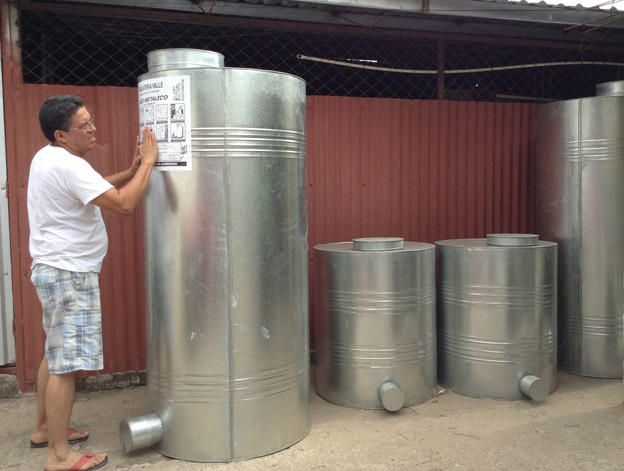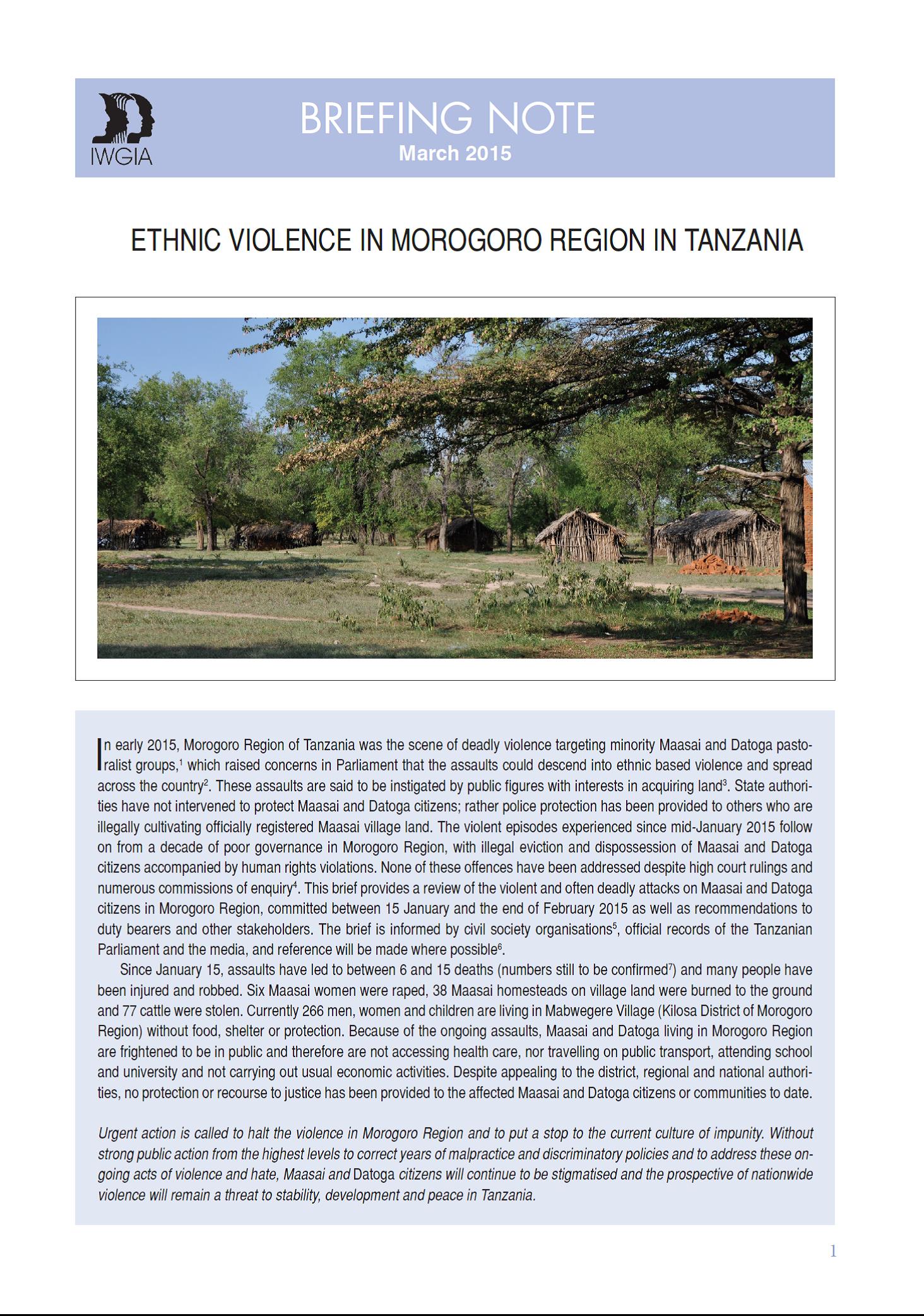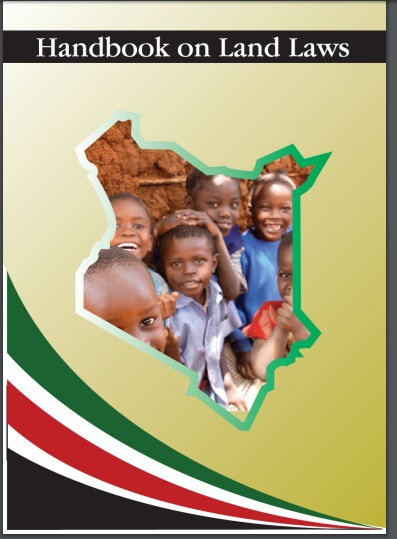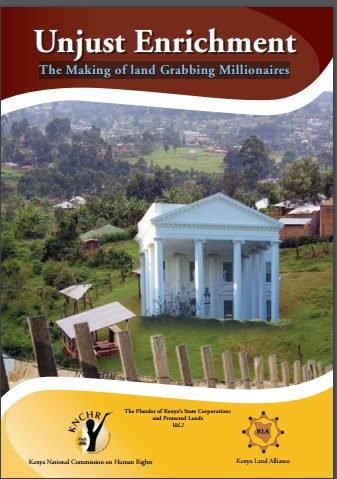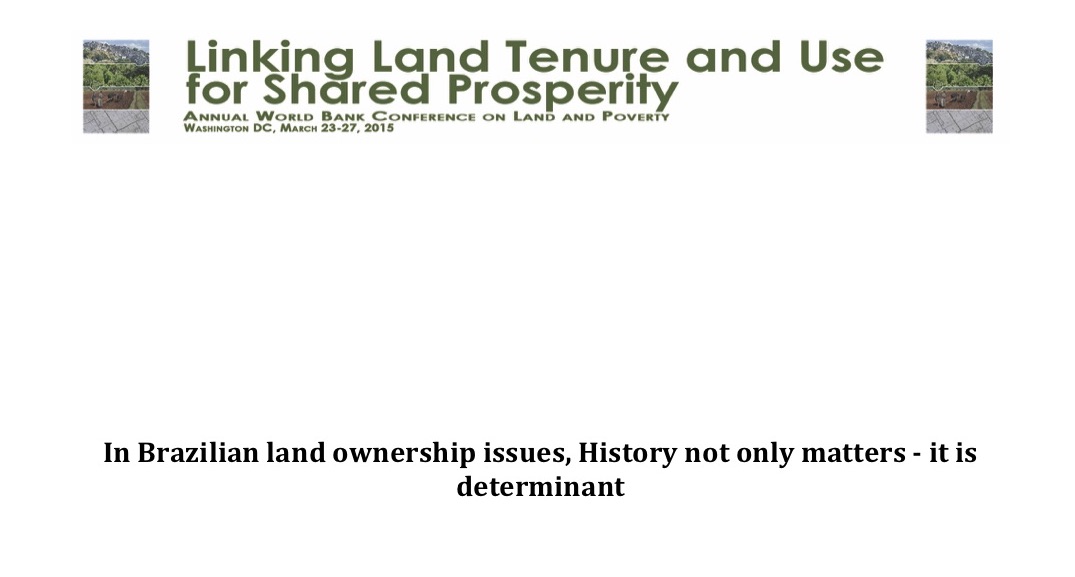Decision No. 269/QD-TTg approving the master plan on socio-economic development of Bac Giang province through 2020, with a vision toward 2030.
This Decision approves the master plan on socio-economic development of Bac Giang province through 2020, with a vision toward 2030 with the following principal contents: The master plan must be in line with the national socio-economic development strategy for the 2011-2020 period, the master plan on socio-economic development in the northern midland and mountainous regions and the master plan on the capital region, and compatible with sectoral master plans.



